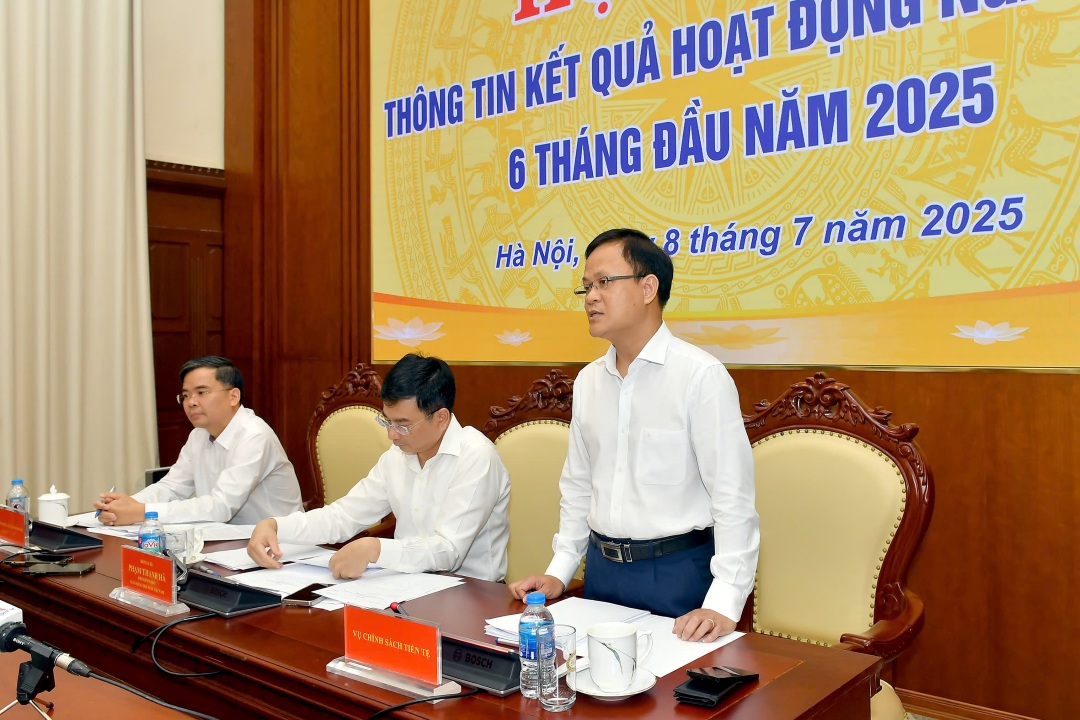HCMC – Vietnam’s central bank has attributed the depreciation of the Vietnamese dong to low domestic interest rates and foreign capital outflows, even as the U.S. dollar has weakened globally, reported the local media.
At a press briefing held on July 8, Pham Chi Quang, head of the Monetary Policy Department at the State Bank of Vietnam (SBV), said the dong has weakened by nearly 3% against the dollar since the beginning of the year, despite the U.S. Dollar Index (DXY) falling by 11% over the same period.
“There are two main reasons behind the dong’s fall,” Quang said. “First, the SBV has maintained a low interest rate environment to support economic growth. Second, foreign investors have been net sellers in the stock market.”
He explained that the low interest rate policy has widened the negative interest rate differential between the Vietnamese dong and the U.S. dollar, prompting investors to shift to foreign currencies with higher yields. This shift has affected the supply-demand balance in the foreign exchange market.
The dong has also depreciated against other major currencies such as the Japanese yen and the British pound.
According to Quang, Vietnam’s overall balance of payments remains stable, but capital outflows have piled more pressure on the dong. In the first half of this year, foreign investors withdrew around VND40 trillion from Vietnam’s stock market.
Looking ahead, Quang warned that Vietnam’s exchange rate may come under further pressure due to new U.S. trade measures.
On July 7, U.S. President Donald Trump signed an executive order to impose reciprocal tariffs starting August 1. The new tariffs include a 25% levy on exports from South Korea, Japan and Malaysia; 32-36% on goods from Indonesia, Bangladesh, Cambodia, and Thailand; and 40% on exports from Laos and Myanmar.
Vietnam, with its high degree of trade openness and large export exposure to the U.S. market, may face increased currency volatility as global capital flows react to these measures, Quang said. He also cited the U.S. Federal Reserve’s delays in cutting interest rates—driven by persistent inflation and strong labor market data—as a factor influencing Vietnamese interest rates and exchange rate trends.
Also speaking at the event, SBV Deputy Governor Pham Thanh Ha said that loans in Vietnam’s banking system expanded by 9.9% in the first half of this year against the end of last year to over VND17.2 quadrillion.









